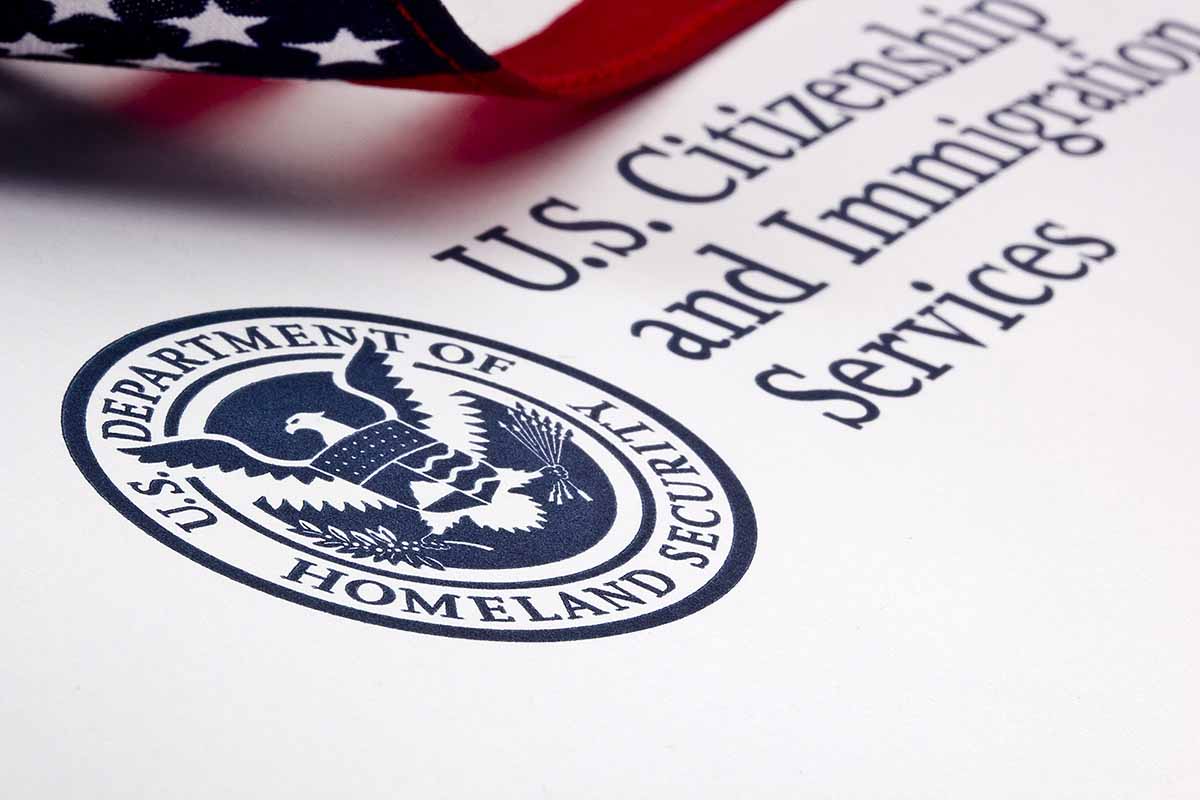In United States v. Fallon, a precedential opinion published on September 30, the Third Circuit reversed a defendant’s conviction for money laundering and, more importantly, issued a bright-line rule holding that financial transactions that take place before a defendant receives any proceeds from a fraudulent scheme cannot be considered “concealment” money laundering under 18 U.S.C. 1956(a). In the court’s words, “a money-laundering transaction can only occur after funds obtained from unlawful activity (e.g., fraud schemes) are delivered into the defendant’s possession.” The opinion provides white-collar criminal defense attorneys with valuable precedent to counter overzealous money laundering prosecutions and civil forfeiture actions in federal court in New Jersey and throughout the Third Circuit.
Money laundering is a transaction in unlawful proceeds of a crime designed to conceal the nature of the proceeds. Section 1956(a)(1)(B)(i) prohibits the laundering of proceeds of an underlying offense, such as fraud, through complex financial transactions designed “to conceal or disguise the nature, location, source, ownership and control of the proceeds.” Money laundering laws have long been a darling of prosecutors in white collar cases because they can saddle defendants with a second set of criminal charges in addition to the underlying offenses of fraud or theft, while simultaneously carrying heightened civil and criminal penalties.
As noted in Fallon in an extended critical discussion of the federal money laundering statute, a money laundering prosecution subjects a defendant to heightened legal and financial vulnerabilities. First, a defendant who did not participate in the underlying fraud or the entirety of the money laundering scheme can nevertheless be charged based on the full value of the laundered assets, resulting in a sentence that is longer than the sentence for the predicate offense. Second, a money laundering defendant faces significantly heightened exposure for civil and criminal forfeiture, because the Government can – and often does – seek forfeiture of entire accounts containing both legitimate and illegitimate funds, arguing that the account facilitated the concealment of money and was therefore “involved in” money laundering under 18 U.S.C. 982. The statutory scheme provides a powerful legal and financial incentive to the Government to include money laundering charges wherever there is some basis to do so. Because every financial crime involves a financial transfer of some kind, prosecutors can significantly increase a defendant’s criminal exposure and their own chances of prosecutorial success by ascribing an intent to conceal criminal funds to every transaction that follows – or in some cases even to transactions that occur before – a theft or fraud.
In Fallon, the Government alleged that a reverse distributor of pharmaceutical products, a company that specializes in returning or destroying unused pharmaceuticals, engaged in various schemes to defraud its customers, resulting in losses of hundreds of millions of dollars. The defendants were found guilty at trial of charges alleging mail and wire fraud, as well as money laundering. The Government’s chief argument in support of its theory of money laundering was that fraudulent funds and legitimate funds had been commingled in certain company accounts. As noted by the court, however, to the extent that any commingling of accounts had occurred, it occurred earlier in time than the deposits of the fraudulently-derived money into the commingled accounts and was carried out by an employee that lacked knowledge of the fraudulent nature of the defendants’ scheme.
In an extended discussion, the Fallon court explicitly recognized the dangers of prosecutorial misuse of the money laundering statute and reiterated concerns voiced by the United States Supreme Court and the Third Circuit that money laundering charges not serve as a more potent prosecutorial tool for criminal acts more fairly charged as traditional fraud or theft. The Fallon court also noted that the Third Circuit, in United States v. Omoruyi, already limited money laundering prosecutions by requiring that the Government must prove an intent to conceal or disguise the nature of the funds, the intent to conceal being distinct from the intent to commit the crime that rendered the proceeds unlawful. 260 F.3d 291, 294–95 (3d Cir. 2001). Citing Omuyuri, the Fallon court considered the timing the fraudulent transfers a critical determining factor as to the whether the transactions qualified as money laundering under 18 U.S.C.§ 1956. Transactions that take place before the defendant obtains the proceeds of a fraudulent scheme, according the Fallon court, are not money laundering. In the court’s words, “concealment money laundering, whether classic or otherwise, requires financial transactions involving ‘proceeds’ of the fraud, and ill-gotten funds do not become ‘proceeds’ until after a defendant receives them.”
Viewing the evidence in the light most favorable to the Government, the Fallon court found insufficient evidence to prove beyond a reasonable doubt that the alleged complex financial transactions— even after the initial receipt of the “commingled” fraudulent and lawfully obtained funds—were designed for such concealment. The court explained that merely moving ill-gotten funds from one account to another does not constitute money laundering unless there is evidence that such transfers were outside normal operations of the company or designed to obscure the ill-gotten gains. Consequently the court vacated the conviction and sentences for all appellants for the count charging conspiracy to launder money and remanded for resentencing.
Stahl Gasiorowski Criminal Defense Attorneys have represented scores of clients facing restitution and forfeiture orders and garnishments. We actively and aggressively protect clients’ rights. To contact Mr. Olesnycky, call 908.301.9001 for the NJ office and 212.755.3300 for the NYC office, or email Mr. Olesnycky at aolesnycky@stahlesq.com.



